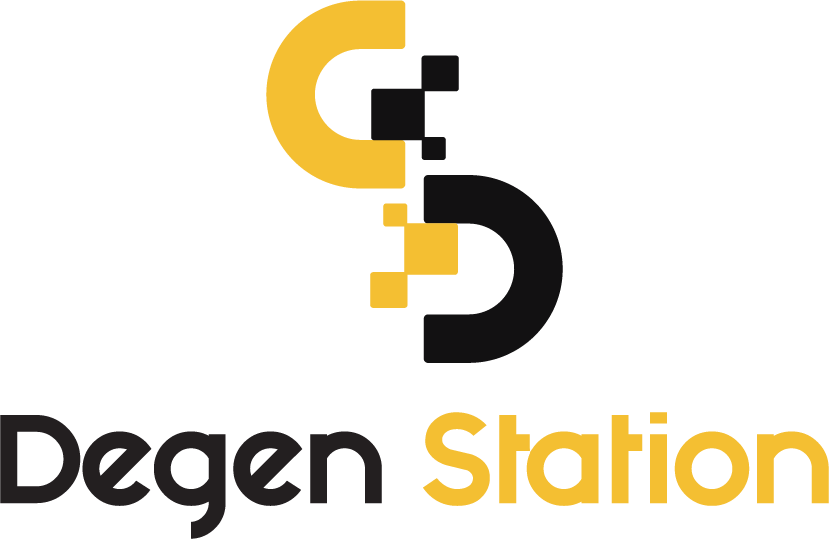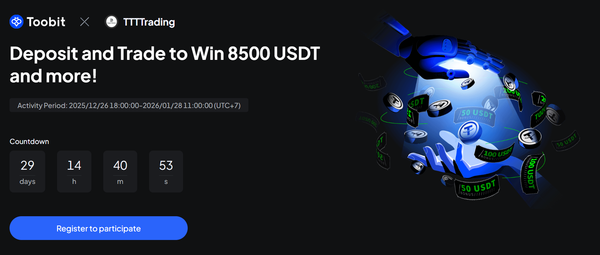Vitalik Buterin Discusses the Future of the Crypto Market

Vitalik Buterin has recently published an essay discussing issues surrounding the Ethereum ecosystem and the broader blockchain space.

At the start of his essay, Vitalik reflects on a time years ago when he believed blockchain could solve all current problems. However, he now acknowledges a shift in his thinking, moving away from potential "unexplored unknowns" to focusing on what has genuinely created value and will continue to grow robustly.
After years of industry highs and lows, the Ethereum founder has observed and categorized applications he no longer holds optimistic views about. Vitalik’s essay framework includes: Money, DeFi, Digital Identity, DAOs, and Hybrid Applications. Coin68 will summarize some key points below.
What in the Ethereum application ecosystem excites mehttps://t.co/QxCa6EoWDl
— vitalik.eth (@VitalikButerin) December 5, 2022
Money: The First and Most Important Factor
In the first chapter, Vitalik recounts a visit to an Argentine café last year. The owner recognized him and Vitalik asked if he could pay the bill using ETH. The owner provided a Binance QR code, and Vitalik sent $20 worth of ETH from his Status wallet.
However, the Status wallet at the time did not support EIP-1559 transactions, resulting in gas fees consuming up to one-third of the payment value and transaction completion taking several minutes. Based on this experience, Vitalik concluded that this ETH transaction was a prime example of cryptocurrency failing to deliver "practical value."
Vitalik Buterin’s takeaway is that evaluating a good application should be based on real-world experiences.
Regarding stablecoins, Vitalik believes that they will see widespread adoption. He has subjective views on the three popular stablecoins as follows:
- Stablecoins like USDC, USDT, and BUSD might perform well currently, but their long-term stability is uncertain due to their dependence on U.S. political and macroeconomic factors.
- Algorithmic stablecoins like RAI (backed by another cryptocurrency) may struggle to maintain their peg and could even experience negative interest rates.
- Stablecoins like DAI (backed by DAO) may have more promise if they combine scalability with practical utility while maintaining decentralization.
Keep DeFi Simple
Vitalik observes that DeFi has been growing robustly since the FTX event. However, he views current DeFi as a “capital-overloaded monster” through unsustainable yield farming practices. DeFi is currently undergoing a “restructuring” phase, focusing on identifying what truly holds value.
The DAO Question
Vitalik identifies two major questions concerning DAOs:
- What governance structures are meaningful and for which use cases?
- Is implementing these structures as a DAO or through traditional legal contracts reasonable?
As reported by Coin68, Vitalik has previously criticized the speculative behavior of governance tokens, which disrupts democratic processes. The mechanism behind this is that those with more governance tokens hold greater "life-or-death" power. To highlight this issue, Vitalik uses MakerDAO as an example:
“MakerDAO has collateral worth $7.8 billion, over 17 times the market cap of MKR. Thus, if governance is reliant on MKR holders without any protective measures, someone could buy half of the MKR, manipulate the price, and steal a significant portion of the collateral.”
Lastly, Vitalik discussed some challenges facing Ethereum, such as scalability, slow transaction times, and less-than-secure wallets. He is working on finding solutions to these issues.
Following The Merge, Ethereum’s next major upgrade is the Shanghai hard fork, which will allow users to withdraw staked Ether, expected to occur in the latter half of 2023.
Digital Identity
Vitalik Buterin also highlighted the potential of “Digital Identity” within the Ethereum ecosystem. This involves applying blockchain technology and data immutability to prove identity, authenticate information, and establish credentials.
Vitalik noted several Ethereum projects excelling in this area, including Ethereum Name Service (ENS), Sign In With Ethereum (SIWE), Proof of Humanity (PoH), and POAP.
However, a key challenge these projects face is ensuring user privacy while maintaining decentralized data storage.
Hybrid Applications
Finally, Vitalik addressed Hybrid Applications, which combine blockchain solutions with real-world applications.
He provided a simple example of voting, which occurs in the real world but can utilize blockchain for result preservation and validation. Other potential applications include business accounting, supply chain management, access tracking, and gaming.





